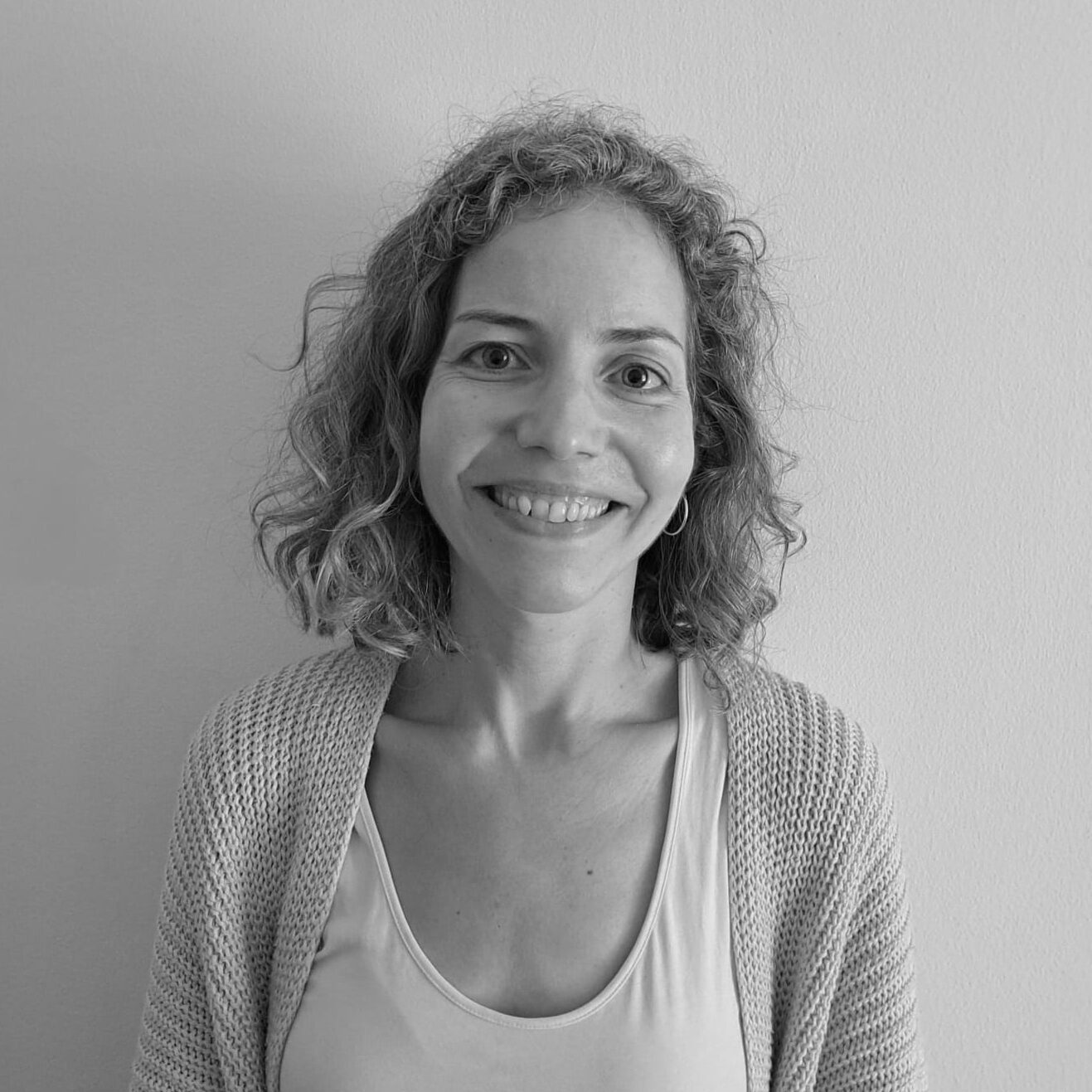THEMATIC AREA > SPATIAL JUSTICE
Housing as a ‘FIRST RIGHT’: Addressing housing precarity in contemporary Europe. Contributions from Portugal
Also appears in: National, Ongoing, Spatial Justice
The housing theme (re)emerges in the political and mediatic agendas as one of the main global priorities, as shown by the 2030 Agenda for Sustainable Development or the Urban Agenda for
the European Union (2016), reflecting a world housing crisis. Whatever the specificities of each context, this symptom results from the consolidation of global housing financialization process.
More than a human right, housing tends to be read as a commodity and a financial asset, hindering access to adequate housing for an increasing part of the urban population and, consequently, worsening its general housing conditions. Considering the current urban scenario, the European Union announced in 2017 a future Agenda for Housing, underlying the necessity of a better articulation between the European policies and the housing policies of its member states. In Portugal, the government launched a New Generation of Housing Policies (2018) and it defends the universal access to adequate housing, through the ‘First Right’ – Housing Access Support Program (Decree-Law no. 37/2018), engaged to resolve the housing precarity in the country. Unlike its predecessor, this program presents a broad sense of habitat and a wide range of housing solutions based on integrated and participatory approaches. Following this inflexion, this research proposes a critical and reflexive lecture of the processes and projects carried out in the scope of the ‘First Right’ program, evaluating their contribution to a more spatial justice, from the policies and projects developed, to their implementation and space appropriation. It aims to inform more inclusive and sustainable policies and practices committed to universal access to an adequate housing, at the European and national levels, in line with at least two goals of the 2030 Agenda: 10. ‘Reduce inequality within and among countries’; 11. ‘Make cities and human settlements inclusive, safe, resilient and sustainable’. Given these goals and targets assumed, the proposed research could contribute to: new ways to read, plan and project housing models and typologies; new theoretical and methodological frameworks in light of the spatial justice; underline innovative and sustainable urban housing solutions.
Project Duration: March 2021 – March 2027
Funding Institution: FCT
Project Reference: 2020.01858.CEECIND


